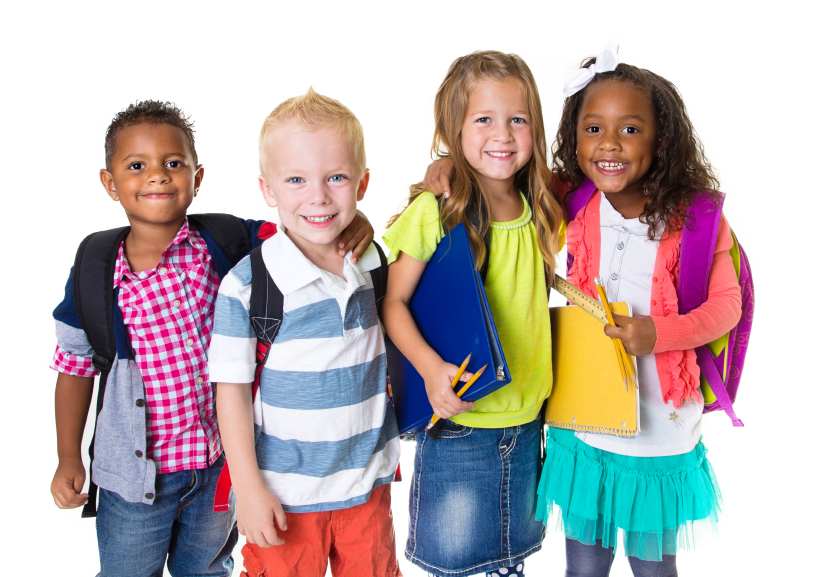Postman Knocks Twice: How Poverty Affects Children’s Educational Performance.
20 September 2014
3,619 views
No Comment
As September summons in the new academic year, and millions of
children and young adults return to school and university, parents’ biggest fears around the world are whether or not their offspring will be gain the required qualifications to help them secure jobs in an increasingly harsh and ruthless employment market.
Politicians are good at waxing rhetorical as to the necessity for decent educations for the young.
But when it comes to implementation of educational policies, most self-proclaimed improvements in standards tend to benefit those pupils perceived to be the most ‘academically gifted’ – the majority of whom (by no small coincidence) often come from the more auspicious middle-class backgrounds, where educational aspiration is encouraged by the parents.
Meanwhile, as has almost always been the case, and in spite of government rhetoric, more socially disadvantaged pupils rarely receive the level of personal attention required in order to meet the challenges of their difficult circumstances and thereby transcend them through academic achievement.
The reality is, social class and academic achievement are inextricably linked.
According to a recent UNICEF report with regards to the International League Table on Education, there is
“A strong relationship between educational achievement and the occupation, education and economic status of the children’s parents – whichever country they live in… Children whose parents are high-earning professionals have a 90 per cent chance of progressing to further education – as opposed to a 13 per cent chance for children whose parents are in unskilled manual occupations.
The main goal of education is to ensure that every student has the opportunity to succeed in school and in life. Children’s success in school impacts on their achievements as adults, as well as the universities –if any– they attend the profession they choose, and how much they get paid.
Poverty remains one of the most critical issues facing educational attainment.
I. The impact of poverty and unemployment on education
The issues of educational fairness and school spending have long been a point of disagreement…
The effects of social inequality facing children from disadvantaged backgrounds before they even enter school are rarely mentioned.
Under-funded schools with the largest class sizes a…

Job hunting, a tough experience in an increasingly harsh and ruthless employment market. The Bridge MAG. Image
…
II. Narrowing educational attainment gaps between advantaged and disadvantaged students.
According to a recent survey, …

Social backgrounds still to some extent affect graduate career opportunities. The Bridge MAG. Image.
III. Beyond education: redefining the value of school through the approach of Neil Postman
The late American humanist educator Neil Postman (1931 – 2003) believed that many of our most vexing and painful social problems could be improved if we knew how to school our children.
Postman differentiated between ‘schooling’ and education:
For him, schooling was/is concerned with helping children learn how to make a life for themselves, while education was/is more focused on how to make a living.
Postman believed that the current crisis in modern education originated in its failure to pass on ethical values to students, like those that inspired earlier generations….
According to Humanium, an international non-governmental child sponsorship organization dedicated to the prevention of violation of children’s rights worldwide:
“More than 72 million children of primary education age are not in school and 759 million adults are illiterate and do not have the awareness necessary to improve both their living conditions and those of their children”.
In May 2014, in a survey entitled Why Strangers Don’t Get Good Jobs…
Follow the links below to read more:
1)
https://www.lulu.com/en/gb/shop/rachel-tcheungna/education-global-news-that-never-fades-the-bridge-magazine-book-from-britains-news-to-world-exclusives/paperback/product-8mve4p.html?page=1&pageSize=4
2)
https://www.lulu.com/en/gb/shop/rachel-tcheungna/global-news-that-never-fades-from-britains-news-to-world-exclusives/paperback/product-ennmdm.html?page=1&pageSize=4
Rachel Tcheungna, Author, Writer of
The Bridge Books and
The Bridge Magazine Editor.



